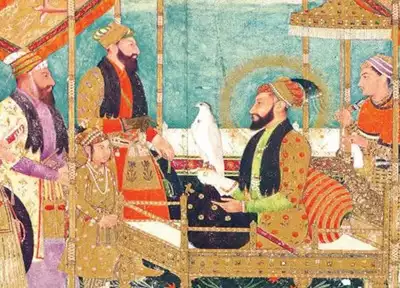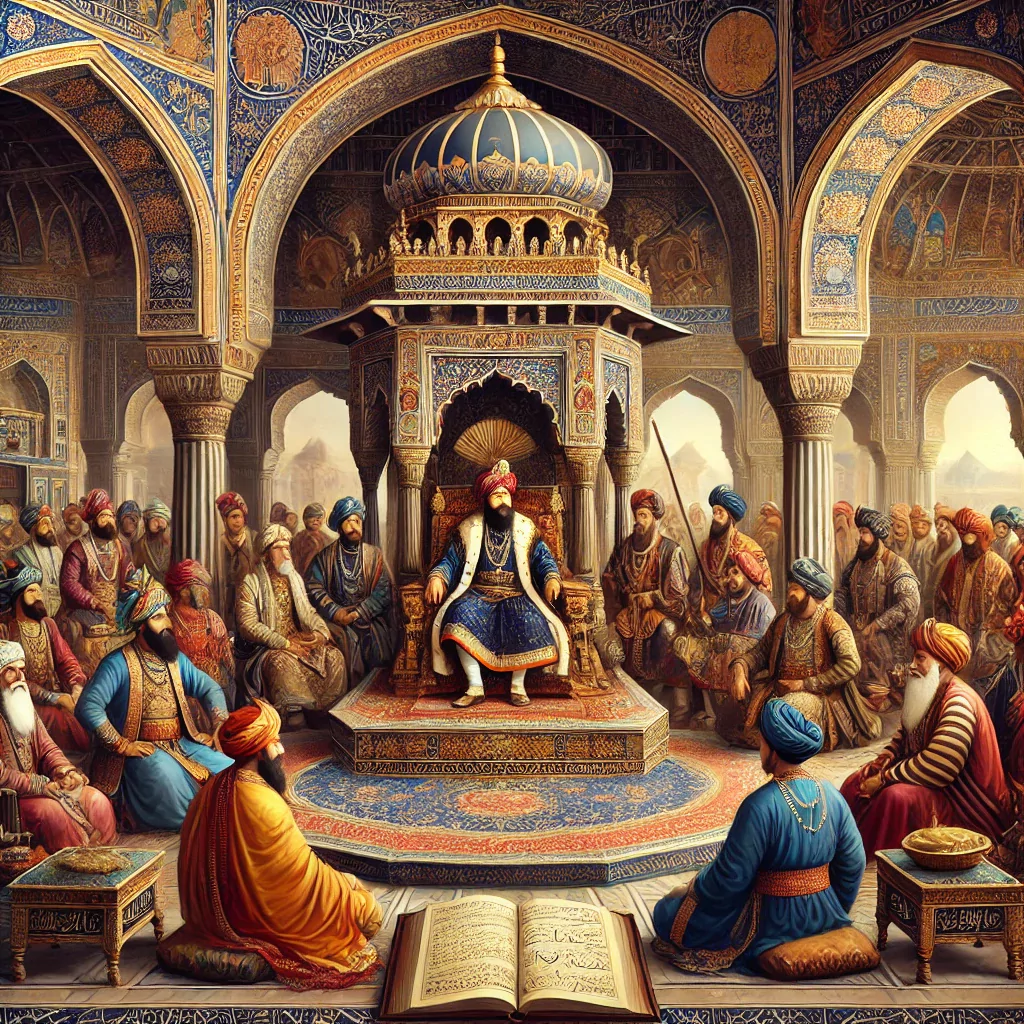Mughals Rule
UPSC Relevance
- Art & Culture, Modern History, Ethics & Governance, Current Affairs
The Mughals ruled India from 1526 to 1857 and played a significant role in shaping India's history, politics, and culture. Debate continues on whether they were great empire-builders or brutal invaders . Akbar’s religious tolerance united the empire, while Aurangzeb’s orthodox policies contributed to its decline.
Colonial & Nationalist Interpretations
- British colonial historians portrayed Akbar as a secular ruler and Aurangzeb as a religious bigot .
- In modern India, Akbar is seen as a symbol of pluralism , whereas Aurangzeb is often viewed negatively.
- In Pakistan, this view is reversed —Akbar is criticized for religious innovations, while Aurangzeb is celebrated for upholding Islam.
Akbar’s Political Strategy (1556-1605)
- Sulh-i-Kul (Universal Peace): A policy of religious tolerance.
- Abolished Jizya tax (1564) on non-Muslims.
- Alliances with Rajputs: Allowed Hindu nobles in administration.
- Din-i-Ilahi: An attempt at religious synthesis.
- These policies were as much about political consolidation as about religious harmony.

Aurangzeb’s Pragmatic Rule (1658-1707)
- Reimposed Jizya tax in 1679—not just religious orthodoxy but also to raise revenue .
- More Hindus in administration than any previous Mughal ruler.
- Temple policies: Some were destroyed for political reasons, but many received state grants.
- Deccan Wars: His long military campaigns drained the empire’s treasury.
Mughal Politics: More Than Religion
- Mughal rule was driven by power struggles , not just Hindu-Muslim conflict.
- Shivaji vs. Aurangzeb: Not a religious war but a territorial and political battle .
- Akbar and Rajput alliances were pragmatic political moves rather than purely tolerant policies.
Misuse of Mughal History in Modern Politics
- Hindu nationalist groups see Shivaji as a Hindu warrior against Muslim rule .
- Islamic fundamentalists in Pakistan glorify Aurangzeb as a defender of Islam .
- Reality: Both rulers were driven by political survival, not religious ideology.












